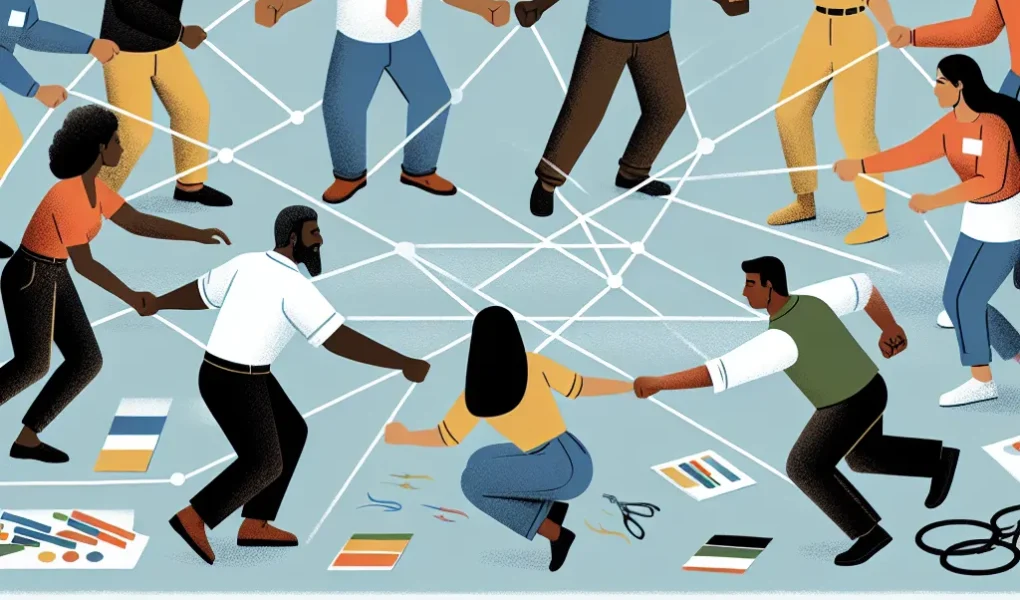The Role of Agency in Shaping Individual Identity
Unveiling the power of agency in modern society is essential for understanding the dynamics of individual identity. Agency, the capacity for individuals to make choices and exert control over their actions, plays a crucial role in shaping one’s identity in contemporary society. The ability to act with purpose and intention empowers individuals to define themselves in relation to the world around them, influencing their values, beliefs, and behaviors.
Through the exercise of agency, individuals construct their identities by making choices that reflect their personal aspirations, values, and desires. This process is deeply influenced by societal structures, cultural norms, and external pressures, creating a complex interplay between individual agency and external influences. The resulting identity is a unique amalgamation of personal agency and the broader social context in which it develops.
Moreover, the role of agency in shaping individual identity extends beyond personal choices to encompass the ability to challenge and reshape societal norms. Through acts of resistance, innovation, and self-expression, individuals can assert their agency to redefine their identities in ways that transcend existing boundaries and expectations.
In today’s rapidly evolving and interconnected world, the power of agency in shaping individual identity is increasingly recognized as a driving force behind social change and personal empowerment. By acknowledging the profound impact of agency on identity formation, we can gain a deeper understanding of the diverse and dynamic nature of human experience in the modern era.
Understanding the Dynamics of Agency in Social Change
Understanding the dynamics of agency in social change is crucial in unveiling the power of agency in modern society. Agency, defined as the capacity of individuals to act independently and make their own free choices, plays a central role in driving social change. By analyzing the interplay of individual agency and social structures, we can gain insights into how societal transformations occur.
At the core of understanding agency in social change is recognizing that individuals are not passive recipients of external forces, but rather active agents who can shape and influence their social environment. This dynamic process involves the articulation of individual intentions, the formation of collective action, and the negotiation of power relations within society.
Moreover, understanding the dynamics of agency in social change requires an exploration of the factors that enable or constrain individual agency. These factors can range from access to resources and opportunities, to the presence of institutional barriers and systemic inequalities. By examining these dynamics, we can better comprehend how agency operates within different social contexts and how it can be harnessed to drive positive change.
In conclusion, grasping the dynamics of agency in social change is essential for unlocking its potential in modern society. By recognizing the active role of individuals in shaping their social reality, we can foster a deeper understanding of how agency influences and drives transformative processes at the societal level.
The Intersection of Agency and Empowerment in Contemporary Society
The intersection of agency and empowerment in contemporary society is a pivotal aspect of understanding the dynamics of power and influence. In modern times, the concept of agency has evolved beyond the individual’s capacity for action to encompass a broader societal context. Agency, in essence, refers to an individual’s ability to make independent choices and take actions that have an impact on their lives and the world around them. When combined with empowerment, which involves providing individuals with the resources and support necessary to exercise their agency, a potent force for societal change emerges.
Empowerment plays a crucial role in enabling individuals to realize their agency to the fullest extent. This can involve providing access to education, promoting equality, and creating opportunities for marginalized groups to participate actively in decision-making processes. Furthermore, fostering a culture of inclusivity and diversity is instrumental in amplifying the voices of those who have historically been disenfranchised.
In contemporary society, the intersection of agency and empowerment is evident in various domains, including politics, business, and social movements. The empowerment of marginalized communities has led to the rise of grassroots movements advocating for social justice and policy reform. Similarly, in the corporate sphere, initiatives aimed at empowering employees to take ownership of their work and contribute to meaningful change have gained traction.
It is essential for modern society to recognize the intrinsic link between agency and empowerment. By acknowledging the collective power that emerges when individuals are empowered to exercise their agency, we can work towards creating a more equitable and just world for all.



